The Saturday Read: Escaping infancy
Inside: Rowling, Thiel, Kemi, Kinnock, the King, Trump, GIDS, and the liberal order.
Good morning. Welcome to the Saturday Read. For any first time readers this is the New Statesman’s weekly guide to the best writing on ideas, politics, books and culture, sent to NS subscribers and registered readers. This is Harry, along with Will, Pippa, and George Monaghan.
Last weekend, for the first time, 100,000 readers opened this newsletter. Thank you for reading. We hope to keep you interested through 2024. Today we have a dozen picks for you, including a few that reverberated across the media and the Atlantic this week.
Click here to read this online if it cuts off midway. If you already subscribe to the NS, thank you. If you don’t yet and these pieces intrigue, perhaps you’d like to try a subscription. They are running at half price in January with the discount code JAN50.
1—“Rowling’s propensity for spite is exhilarating.”
The last thing JK Rowling is known for at this point is her novels. You’re more likely to read about her charity work or her support for a variety of feminist causes. This week Nick Hilton changed all that. This is the most significant essay on Rowling as a novelist published in years.
In fact, the Strike novels are electric – shocking and exciting in a way good crime fiction should be – precisely because Rowling eschews the clinical puzzle style of Christie or Conan Doyle. She prefers something labyrinthine, where the mystery is the thread that holds a multi-linear saga together. The professional and romantic partnership between Robin and Strike (one of the most exhaustingly slow-burning romances committed to literature) is the only relief from this tangled web of bad people doing bad things to other bad people. Robert Galbraith’s world is dizzyingly immersive. The novels – which read like the obsessive, compulsive fan fiction of the Wattpad generation – are an alternative universe, where your most base, most judgemental thoughts are rendered in black and white.
2—“So much of science today has this Luddite feeling.”
John Gray sat down with Peter Thiel to talk science, the waning of woke culture, and the perennial pitfalls of politics in an interview that attracted a range of reaction when we sent it to you mid-week. “The NS is very, very lost if it thinks its readers are interested in the views of Peter Thiel,” one reader wrote in. But as another reader tweeted in Danish: “I’m the tiniest Thiel fan, but he makes a really good case for what is wrong with our inability to solve the big problems.” See what you think. HL
Peter Thiel: To tie it back to wokeness, wokeness is designed to distract from and cope with this structural reality. Say you have ten graduate students in a chemistry program and there’s a job for only one of them at the end. You’re engaged in a Malthusian struggle, fist fights over beakers and Bunsen burners. Then somebody says something slightly racist or slightly inappropriate. What a relief – you can throw that one person off the overcrowded bus! That kind of phenomenon is perfectly natural, and could be avoided with more growth.
3—“A country of the so-called Global South is effectively using the master’s tools to dismantle the master’s house.”
Lily Lynch has written a fine essay on the long fall of international humanitarianism: the idea, exemplified by the interventions of the late 1990s, that in the 21st century “human rights would trump national sovereignty” and “no head of state, irrespective of their democratic legitimacy, would have the right to slaughter their own citizens”. What happened to that? HL
It can be difficult to understand why there was ever so much faith in such an order. And yet as 2000 approached, there was hope that the withering of state sovereignty would create a better, more interconnected world. The thinking went that television and the nascent internet would deliver news and pictures of distant suffering to Western audiences, who would then exert pressure on their governments to intervene in foreign conflicts. Meanwhile, in the Balkans, the presence of television cameras gave rise to dark jokes. “May your house be seen on CNN,” went one characteristically Bosnian curse.
4—“Kemi Badenoch has cemented herself as Sunak’s de facto successor.”
Rishi Sunak may nominally be in charge of the Conservatives, but a shadow leadership contest is already under way. Kemi Badenoch is positioning herself as the right-leaning candidate who can unite centrist One Nation MPs with the various factions of the Tory right. Rachel Cunliffe charts how she became the front-runner. PB
Badenoch’s selling point is her ability to appeal to the right’s divided tribes without entirely alienating centrists. To position herself as a “sensible right-winger” who One Nation moderates and government ministers will take seriously, she has kept her interventions to a minimum. On Sunak’s Rwanda plan, in contrast to Suella Braverman and the former immigration minister Robert Jenrick, she kept any misgivings to herself.
5—“Sunak is never going to be John Major.”
George Eaton meets Neil Kinnock, the former Labour Party leader and “bearded lion in winter”. It’s a moving interview, brimming with political nous and human interest. And it is not, Kinnock tells George, 1992 all over again. WL
“Tory strategists just hoped that somehow Rishi Sunak could be John Major. And I could have saved them a hell of a lot of time and money by telling them that if he lives for a million years, Sunak is never going to be John Major. His great strength was to relate and be seen to relate,” he said of the Brixton boy who delivered speeches from a soapbox. “In the end, that’s what beat me, so I give him full credit for that.”
In contrast to Major, who “exuded normality”, Sunak exudes “distance, not only because he is monumentally wealthy but because when he tries to do something normal he gets it wrong… If he was there for 20 years, he’d never learn – because if you don’t arrive with that, it’s bloody difficult to learn.”
6—“The art of hospitality is treated with the same holy reverence as the food itself.”
Christopher Storer’s exquisite series The Bear, about a star chef’s attempt to turn around his late brother’s sandwich shop, won six awards at the Emmys this week. Simran Hans explains its success, and wonders why Hollywood sees this tense pressure-cooker of a show as a comedy. PB
The heat of the kitchen is immediate; the show moves at a dangerously frenetic clip, hurried along by the warning sounds of sizzling oil and ticking clocks. The action, like the real world of hospitality, is powered by pressure, and adrenaline. That pressure provides a welcome distraction for a group of characters who’d rather dunk their heads in a pot of boiling water than deal with their problems.
7—“Derision of the middle is a national pastime.”
Sharp commentary here from Finn McRedmond on Saltburn and Britain’s dread of its middle classes. Its director, Emerald Fennell, “is not the first artist to find horror in the English garden suburb”. WL
So no matter its pretensions, this isn’t a film about the frivolity and emotional ineptitude of the aristocracy. Instead it is a film that confidently demarcates the middle classes as the true villains of Great Britain: untrustworthy and covetous social climbers with none of the exotic intrigue of the poor, nor the blasé taste of the rich. In Saltburn’s universe there is no greater sin than bourgeois aspiration.
8—“Charles is mucking about with a tree.”
Will reviews Robert Hardman’s new biography of King Charles. “In exchange for access”, the Daily Mail’s chronicler of the royals “leaves his brain at the gates”. Hardman unintentionally reveals something that Charles-watchers have long known: C-Rex is the most political monarch to grace the British throne in living memory. GM
The present King, as his father Prince Philip delicately put it, was raised by a coterie of “nannies, nurses and poofs”. But his earliest memory was of a pram, not people. Charles Philip Arthur George Windsor told his first biographer, Anthony Holden, that he remembered “lying in its vastness, overshadowed by its high sides”. That image fits as a metaphor for Charles’s life, and his constitutional position during its 75 years: forever prone, trapped, obscured. For a Prince of Wales adulthood is not a state achieved by escaping infancy.
9—“No non-incumbent presidential candidate has ever done that well in the polls and gone on to lose.”
For our cover story this week, Sarah Baxter decodes Donald Trump’s win in Iowa and looks ahead to his nomination. Trump could do plenty of damage to America’s institutions in a second term. Some even fear he “may never give up power voluntarily”, Baxter writes. But to run for a third term he would need to revoke the 22nd amendment. That requires the support of two-thirds of both houses of Congress, and ratification by 38 state legislatures. That’s… not going to happen folks. HL
At the end of 2023, the Daily Mail asked 1,000 likely US voters to sum up in one word what Biden and Trump would want in a second term as president. For Biden, the most common response was “nothing”, followed by “economy”, “peace” and “democracy”. For Trump, it was “revenge” (the next-most frequent words were “power”, “economy” and “dictatorship”).
10—“There will not be another opportunity to get youth gender services right.”
England’s only youth Gender Identity Development Service (GIDS), based at London’s Tavistock Trust, has been marked for closure since July 2022. But plans to replace it with several regional clinics have repeatedly been delayed. Hannah Barnes, author of Time to Think, reports on why the latest planned opening in April now seems unlikely to go ahead. PB
The task was made almost impossible by Great Ormond Street Hospital’s wish to “recruit a wide range of people” to crucial education and training roles. That may sound sensible, but in practice it led to a bizarre situation. Of the team recruited to work on the training materials close to a year ago, several had stated their opposition to aspects of the Cass Review’s interim findings, or held views on how to work with gender dysphoric children that appeared incompatible with the approach recommended by the review.
11—“Another way around the sanctions is simply to ignore them.”
I tend to cast London as Londongrad with a cursory wave at those grand flats on Hyde Park. But Will Dunn gets forensic. Attestation documents, ship registrations, and bearer shares are his particulars. And if you fancy some ship-spotting Mr Dunn will be at Dover on Friday morning to hail the Myra from Primorsk. GM
This is what matters, more than the Ukrainian flags that have adorned Downing Street, City Hall, offices in the City of London and the social media accounts of the companies that work in them: we have committed politically and financially to resisting Putin, but we have failed to look properly at our own businesses, and to ask which of them helps his war to continue.
12—“The challenge now is to stop it getting even worse.”
Jeremy Bowen meets the head of the Houthis supreme revolutionary committee, Mohammed Ali al-Houthi. Yemen’s de facto leader calls for Palestinian freedom and for a war on Jews, and he seems, throughout, to be thoroughly enjoying himself. GM
On the screen I could see him settled comfortably in a grand, throne-like chair in a big room in Sanaa, his white robe framing his jambiya, the curved ceremonial dagger most traditionally minded Yemeni men wear attached to a broad, woven belt. The detail on the handle of the jambiya indicates the status and power of the man wearing it. Al-Houthi’s was impressive.
On the monitor Al-Houthi was as defiant as ever, and still laughing.
Will’s Best of the Rest
NBC: Fears that Trump will become military dictator grow. Presumably the stormtroopers’ uniforms will be gold.
Guardian: Netanyahu tells US he opposes creation of Palestinian state after war.
Computer Weekly: What hacked emails of ex-MI6 chief tell us about Brexit. Incredible story.
AP: Modi’s mega temple set to open ahead of election. Prime ministers should start bribing voters with these.
Adrian Wooldridge: You’re looking at the wrong Davos.
Krithika Varagur: Milton Friedman wanted to fight you.
Cory Doctorow: Sympathy for the spammer.
Pope Francis: Stop watching porn. He who is without sin casts the first stone.
Camilla Tominey: Tories want a new leader.
What happened to Britain’s public loos? Is the answer: people started taking crack in them?
Prince Andrew’s biggest regret. Not sure he’s right about this.
Elsewhere on the NS
Helen Thompson, a New Statesman contributing writer, breaks down the tensions in the Red Sea and explains Iran’s endgame to Gavin Jacobson, our senior commissioning editor. We will have more from Helen for Morning Call readers on Sunday: you can sign up for that here if you like.
“Why am I watching Tina Fey wear the same top she did 20 years ago? Why – looking around the crowded theatre – is everybody here?” Ann Manov has some questions about the new Mean Girls.
I have long wanted to understand this man. David Sexton reviews a new novel that promises to explain him, written by a debut novelist at the age of 50. It has sold… 650,000 copies.
Lyndsey Stonebridge considers a newly rediscovered Auschwitz memoir, by József Debreczeni, whom she is willing to place alongside Primo Levi.
Anoosh Chakelian speaks to Mark Kelly, who lost everything in the Post Office Horizon scandal – including his faith in British fair play.
Andrew Marr writes on the migration battles engulfing the government: “If the Tory right want to go to war on this issue, they will lose.”
In this week’s Diary, Tim Waterstone, of Waterstones fame, lays out exactly how Keir Starmer should reform the House of Lords.
Lola Seaton proposes an eighth – and best – type of ambiguity: Joni Mitchell.
Gordon Brown writes for us on two Universal Credit policy changes that would relieve poverty.
Things look dire for the Tories. When, asks Jonn Elledge, will the Tory press start laying the ground for defeat?
And with that…
The only things I’ll stay up all night for these days are general elections and the Oscars. Ahead of the Academy Award nominations on Tuesday, here are my bets. Chris Stone, our AV supremo, has supplied today’s sketch, below, of Robert De Niro as Don Corleone, a role for which De Niro won best supporting actor in 1974.
Best actor
Christopher Nolan’s atom bomb of a movie Oppenheimer has dominated nomination lists this award season, and Cillian Murphy’s titular role is a career-defining one. He’ll be joined by Leonardo DiCaprio for his crumple-faced Ernest in Killers of the Flower Moon, and Bradley Cooper, whose portrayal of Leonard Bernstein in the biopic Maestro is classic Academy fodder.
Best actress
Carey Mulligan is the best thing about Maestro, but really the competition for best actress is a two-woman fight between the Stones: Emma Stone, for her gloriously weird performance in Poor Things, and Lily Gladstone for her strong and poised Mollie, Ernest’s Osage wife, in Killers of the Flower Moon.
Best film
We’ve already covered the clear contenders: this is a year of blockbusters, and Oppenheimer, Killers of the Flower Moon and Poor Things are sure to be picked for the final ten from the 321 films in contention. I’m quietly hopeful for Anatomy of a Fall, American Fiction and The Holdovers – the last of which I hope earns Paul Giamatti a best actor nomination too.
701 of you voted in last week’s poll. Now we know: the typical SR reader reads ten novels a year. One in five of you reads one a week. A few readers wrote in:
George Murray: “I have been retired for almost ten years and have found reading to be the most rewarding way of passing my time. I have re-read Robert Louis Stevenson to remind me of my youth, some Dickens, Steinbeck and Mark Twain. Of the more modern writers I have enjoyed Marlon James and Ian McEwan, but I find Flann O’Brien endlessly thought-provoking and entertaining.”
Baranie Millais: “I’ve read novels all my life (I am 81 now) and my source these days is paperbacks from charity shops. A very wide range of unexpected hits and misses, but great entertainment.”
Wendy Wright: “The worse the world gets the more I read. I read biographies of people who seem to have a handle on life. I read books by Elif Shafak to try to understand other cultures. I re-read books I love and books published by Persephone to support independent publishers. And I hold my breath….”
Subscribe to the New Statesman at half the price in January. Stay up to date with everything you need: from news and analysis to comment, criticism and long-reads.
Whether you’re looking for a sharp blog or a finely written feature, the New Statesman has you covered. Have a good week, and catch you next Saturday.









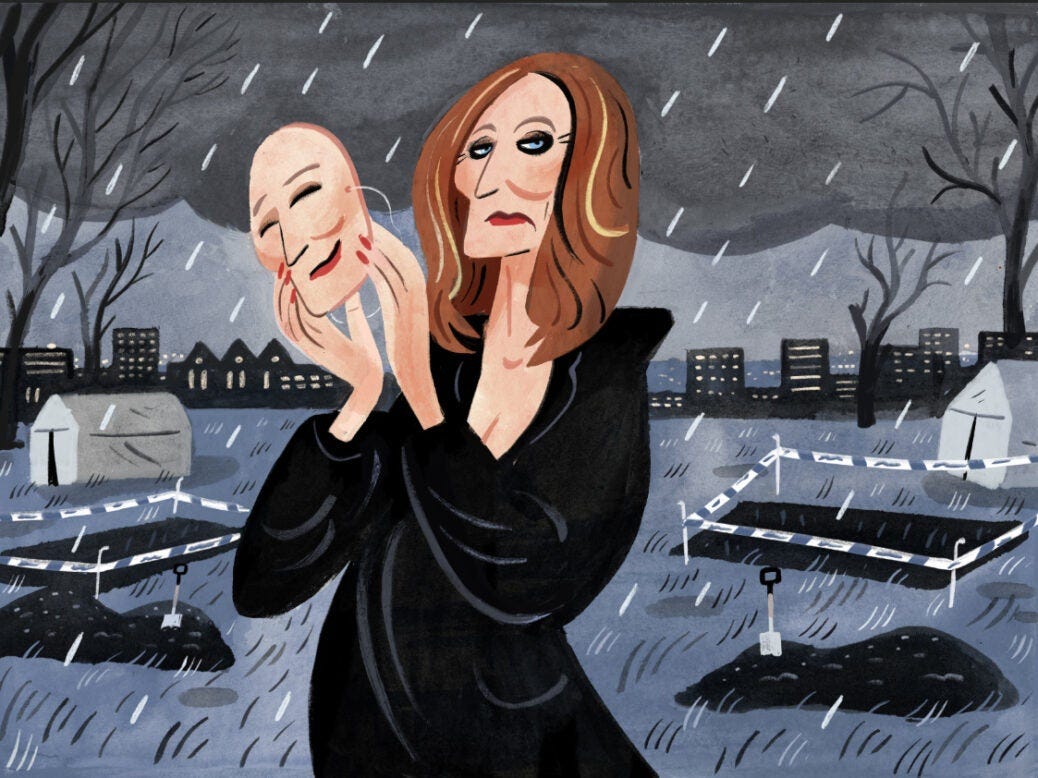
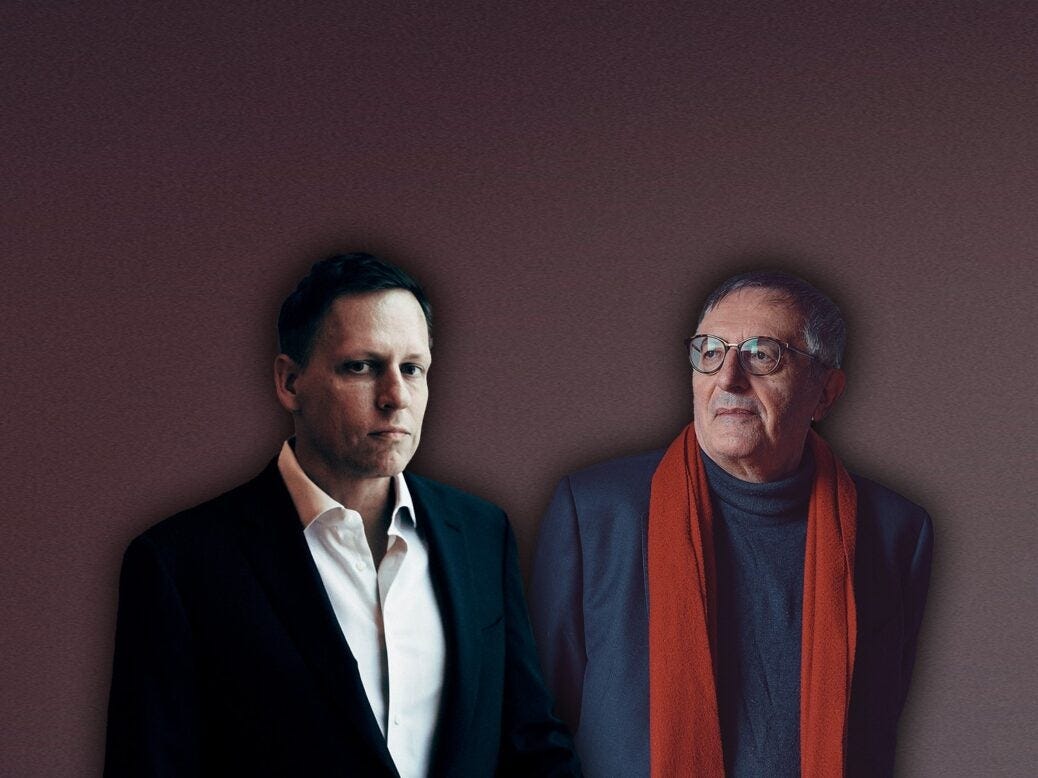


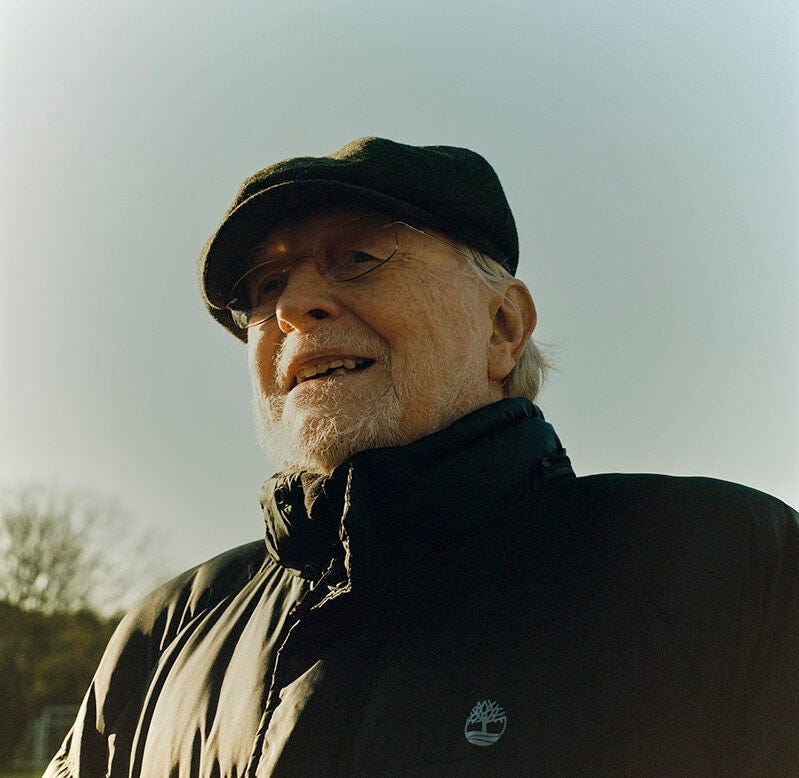







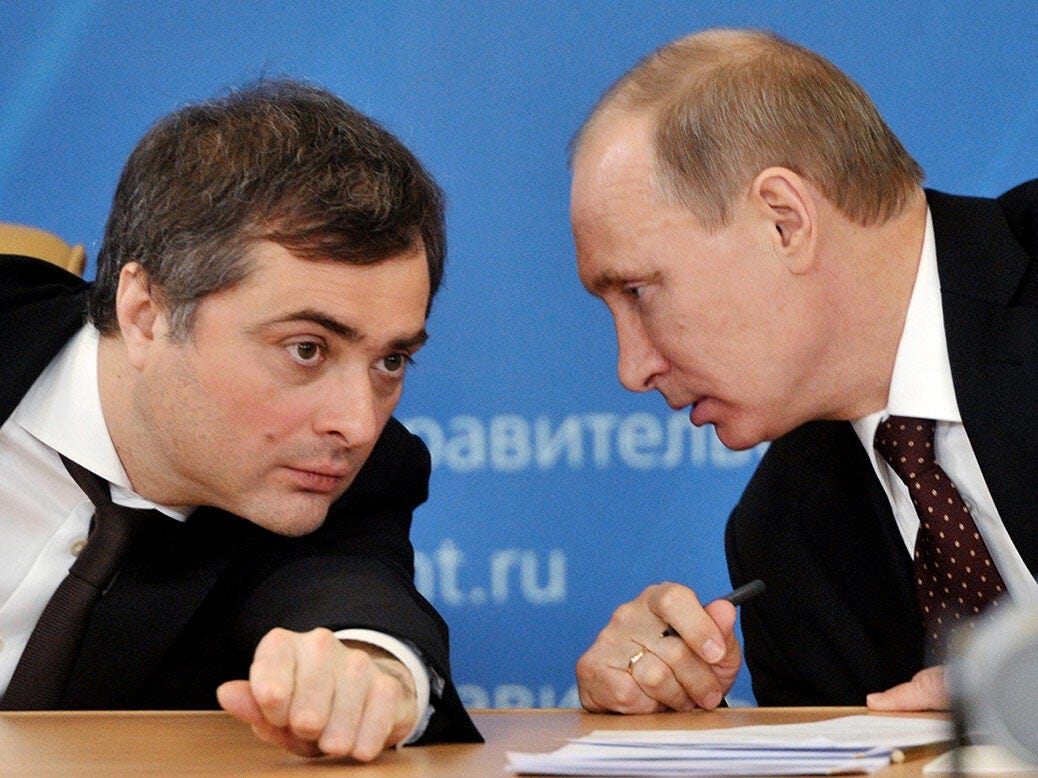


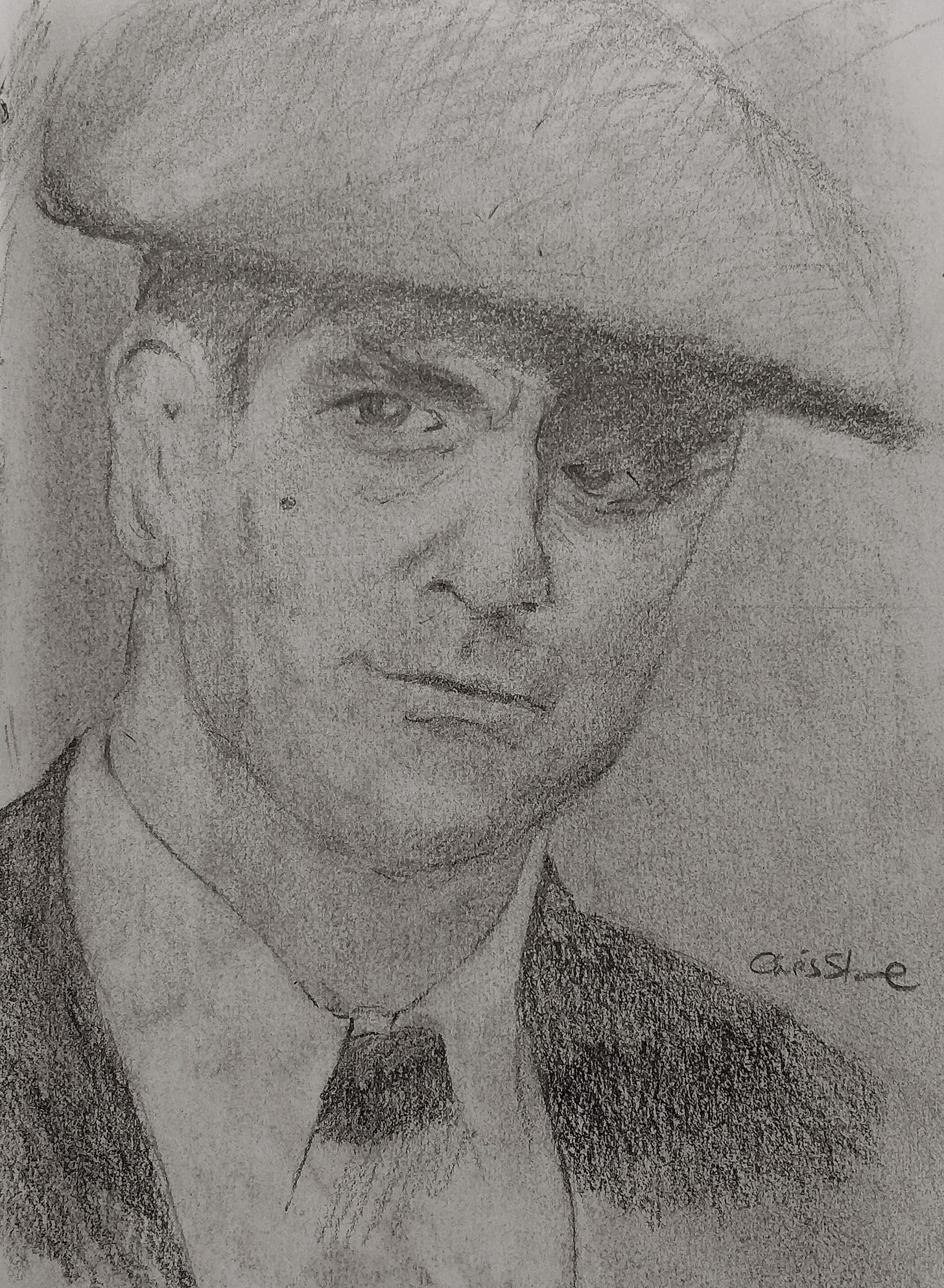

Seldom have I read anything so superficial as Peter Thiel’s supposed cultural analysis. For instance, his comment that universities should not be offering doctoral programs in areas that there are no jobs shows that he has mistaken job training for “education…” which as Oscar Wilde so astutely observed “…. teaches one to despise the money it prevents one from earning”. Perhaps if he had himself been properly educated he would not have to throw in as a seemingly tangential afterthought that it might be a good idea if people spent a little time in search of the meaning (or perhaps better, the significance) of life. After all, unless one, in some quasi Heideggerian manner regards the meaning and purpose of life to be to ask the question as to what its meaning and purpose is, then until that is settled there seems to be little point, at least for an authentic individual, in doing anything else. Moreover, his obvious lack of a proper education clearly resulted in his a complete lack of any systematic comprehension, much less understanding, of the role that political, psychological and/or economic structures play in constituting culture.
Whose idea was it to have Thiel interviewed by John Gray? Why not ask George Monbiot, or Laurie Penny, or Carol Vorderman, or Darren McGarvey, or someone who would have been constructively crtitical and questioned this man's hugely over-inflated sense of his own ability.